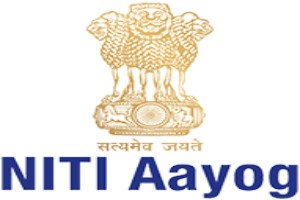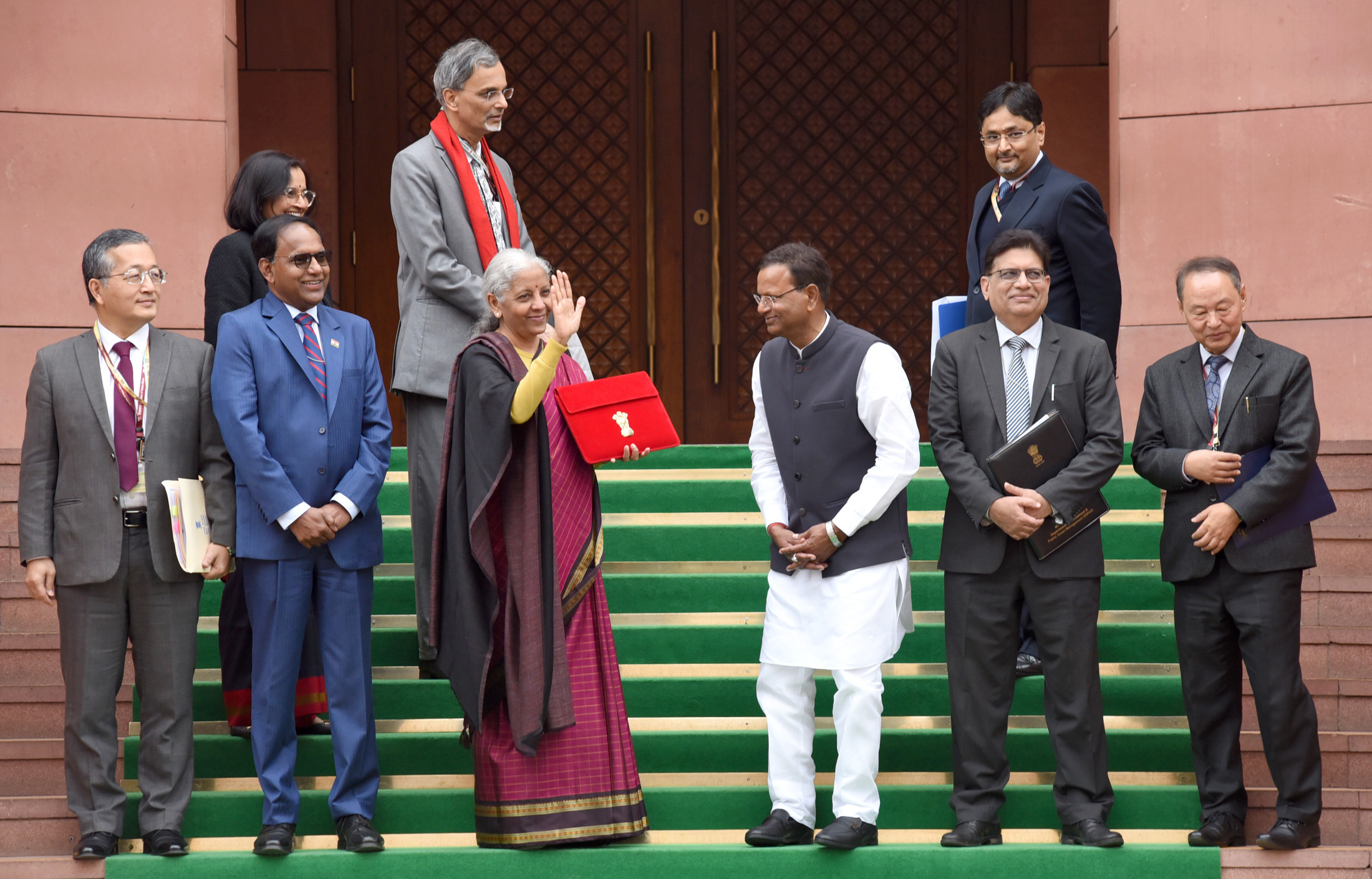
New Delhi: Prime Minister Narendra Modi today called for making Cooperative and Competitive Federalism more effective and to take it to district level. Chairing the sixth meeting of the Governing Council of NITI Aayog here, he said that Cooperative Federalism is the foundation of India’s progress, and said the country could succeed in managing the challenges posed by the Covid-19 pandemic only because the Centre and the States worked together “in a spirit of partnership”.
As India stands close to completing 75 years of Independence, Modi said today’s Governing Council meeting assumed even more significance as it provided an opportunity to brainstorm and further strengthen Cooperative and Competitive Federalism, “which are essential pillars for successful achievement of the national aspirations”.
The Prime Minister said policy frameworks and better coordination between the Centre and States were very important. He said the Centre and States must synchronise their budgets to ensure multiplier effect. Technology and community partnership are equally important. He also referred to the Production Linked Incentive (PLI) scheme , introduced recently by the Central Government for various sectors, to provide opportunity to increase manufacturing in the country. He urged the States to take full advantage of this scheme and attract maximum global investments and reap the benefits of reduced corporate tax rates. He also referred to the recent decision to liberalise geospatial data, which, he said, would incentivise entrepreneurial endeavour, start-up innovation and the tech sector in general. “Focus must be on ease-of-doing business for the international audience and on ease-of-living for our own people,” he added.
While asserting that several concerted steps had been taken to empower the poor and bring about a noticeable change in their lives, he said the Centre and States should work more closely to improve ease of living for citizens. He claimed that since 2014, more than 2 crore 40 lakh houses had been constructed in both cities and villages, while over 3.5 lakh rural houses had been provided with piped drinking water within 18 months of the launch of the Jal Jeevan Mission. He added that the Bharat Net Scheme for internet connectivity in villages is bringing about transformational change.
“There is an all-round eagerness to push forward with economic development,” he said, and added that the private sector was coming forward with enthusiasm in the development journey of the country. “The Government must honour this enthusiasm by ensuring opportunities for the private investors to capitalise on the Aatmanirbhar Bharat Abhiyaan,” he said.
The Prime Minister emphasised on strengthening MSMEs and start-ups. “Every State, every District, has its unique strengths,” he said and added that products should be shortlisted from every District and promoted. “This will create healthy competition among all Districts and States, which will help in boosting our exports.” He said that the Aspirational Districts Programme implemented in partnership with States held a unique example in this regard.
Referring to the farm sector, he said even though India was an agricultural economy, it still imported many inputs, and stressed on becoming self-reliant in this area. There are many agricultural products that can be not only produced for the country but also supplied to the rest of the world.For this, he insisted, it is necessary that all States make an agro-climatic regional planning strategy.
The Prime Minister also urged focus on storage and processing of agricultural products to reduce wastage. Reforms are very important for farmers to get the necessary economic resources, better infrastructure and modern technology, he said.
Today’s meeting was attended by 26 Chief Ministers, 3 Lieutenant Governors and 2 Administrators, apart from Union Ministers, who are Ex-Officio Members, and Special Invitees. NITI Aayog Vice Chairman, Members and CEO,Principal Secretary to the PM & other senior officers from PMO; Cabinet Secretary; and Chief Secretaries of States/ Union Territories also attended the meeting.The meeting was moderated by Defence Minister Rajnath Singh.
The Governing Council Meeting seeks to build on the strength of every State so that everyone can learn from each other’s best practices. The Council members deliberated on strengthening institutions for skilling, re-skilling, and up-skilling of workforce. Focus was also laid on improving service delivery at the grassroots level, by ensuring digital infrastructure for the rural regions. Various Chief Ministers presented best practices from their respective States that can serve as templates for replication across the country.
It may be mentioned that NITI Aayog has been mandated with fostering Cooperative Federalism through structured support initiatives and mechanisms with the States on a continuous basis. It seeks to design and assist the implementation of strategic, long-term policy frameworks and programme initiatives, while monitoring their progress and efficacy. The Governing Council, which embodies these objectives of cooperative federalism, presents a platform to discuss inter-sectoral, inter-departmental and federal issues to accelerate the implementation of the national development agenda.
– global bihari bureau





